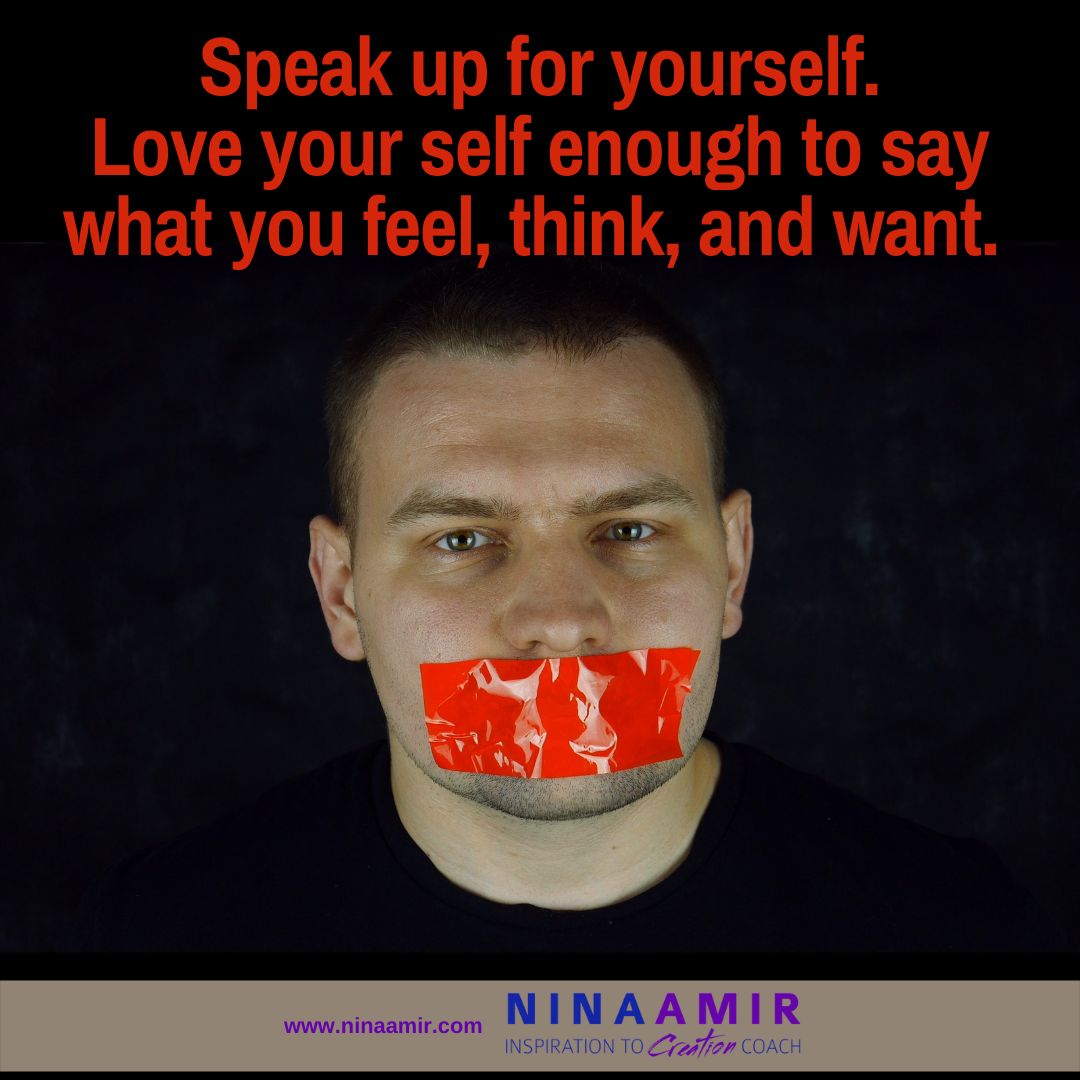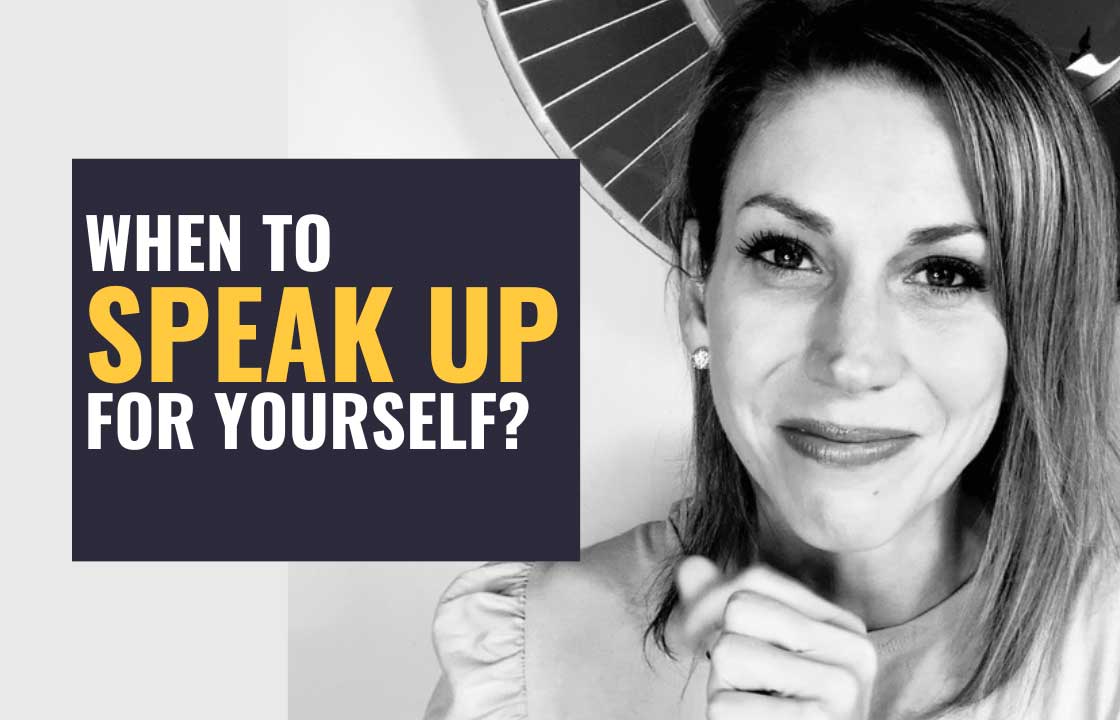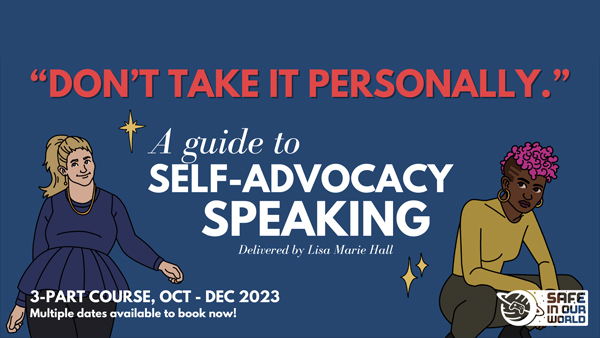How To Learn To Speak Up For Yourself

Feeling unheard or dismissed? Learning to speak up for yourself is a crucial skill for personal and professional well-being. It's about advocating for your needs and opinions respectfully and effectively.
This article will explore actionable strategies to help you develop your voice, build confidence, and navigate challenging conversations with greater ease. The goal is to empower individuals to communicate assertively and achieve better outcomes in various aspects of life. Learning to advocate for oneself is not only beneficial for the individual but also contributes to a more equitable and respectful society.
Understanding the Barriers
Many factors can inhibit someone from speaking up. These include fear of confrontation, anxiety about being judged, and a lack of confidence in one's own opinions.
Societal norms and power dynamics can also play a significant role, particularly for individuals from marginalized groups. Recognizing these barriers is the first step towards overcoming them.
Practical Strategies for Speaking Up
Start small. Begin practicing in low-stakes environments, like expressing preferences to friends or family.
This gradual exposure can help build confidence and reduce anxiety. "It's like any skill; the more you practice, the more comfortable you become," explains Dr. Anya Sharma, a communication specialist.
Prepare what you want to say. Writing down key points beforehand can help you stay focused and articulate your thoughts clearly.
Consider practicing your delivery in front of a mirror or with a trusted friend. This allows you to refine your message and body language.
Assertive Communication Techniques
Assertiveness is a communication style that balances expressing your needs with respecting the needs of others. It's about being direct and honest without being aggressive or passive.
Use "I" statements to express your feelings and needs without blaming others. For example, instead of saying "You always interrupt me," try "I feel frustrated when I'm interrupted because I want to share my thoughts."
Active listening is crucial for effective communication. Pay attention to what the other person is saying, both verbally and nonverbally.
Ask clarifying questions to ensure you understand their perspective. This demonstrates respect and encourages a more productive dialogue.
Learn to say "no" respectfully and confidently. You don't need to provide lengthy explanations; a simple and direct "no" is often sufficient.
"Setting boundaries is essential for protecting your time and energy," says Sarah Chen, a leadership coach.
Building Confidence
Self-confidence is a key ingredient in speaking up effectively. Focus on your strengths and accomplishments to boost your self-esteem.
Challenge negative self-talk and replace it with positive affirmations. Remember that your opinions and needs are valid and deserving of being heard.
Seek out supportive relationships with people who encourage you to express yourself. Surround yourself with individuals who value your voice and perspective.
Navigating Difficult Conversations
Conflict is inevitable, but it doesn't have to be destructive. Approach difficult conversations with a calm and respectful demeanor.
Focus on finding solutions rather than assigning blame. Compromise and collaboration are essential for reaching mutually agreeable outcomes.
If you feel overwhelmed, it's okay to take a break and revisit the conversation later. This allows you to gather your thoughts and approach the situation with a clearer mind.
The Impact of Speaking Up
Learning to speak up can have a transformative impact on your life. It can improve your relationships, boost your career prospects, and enhance your overall well-being.
By advocating for yourself, you can create a more fulfilling and authentic life. You can also inspire others to find their voices and speak up for what they believe in.
Speaking up is not always easy, but it is always worthwhile. It's a skill that can be learned and developed with practice and perseverance. Embrace the journey of finding your voice and empowering yourself to be heard.


















